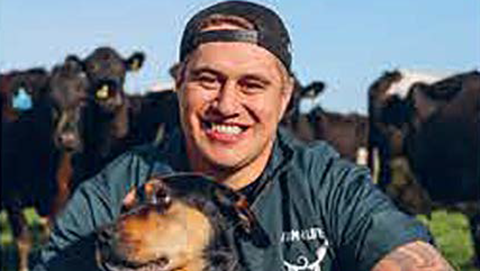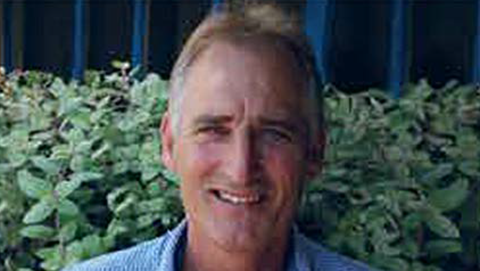Greenhouse Gases: Solutions and Opportunities
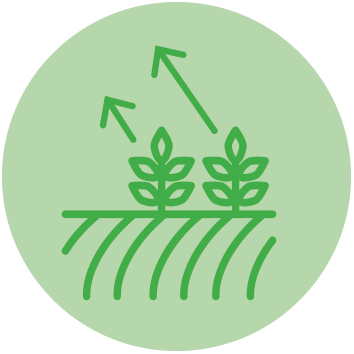
How are GHG affecting farming?
The science shows that New Zealand has warmed around 1.1 degrees over the last 150 years. That might not sound like much, but evidence shows us that drought frequencies are increasing, and the climate of different areas of the country will change - the East Coast looks to get drier and warmer, the West Coast warmer and wetter. And every farmer knows that even a small change in climate can have a big effect, on animals and horticulture alike.
While there will be some opportunities in these new climates, it becomes difficult to plan for the future. The rules change, and current systems of farming may face significant challenges. What happens to horticulture crops with fewer frost days? How will later winters affect c.tlving? How well farmers and growers perform will depend on how they adapt, innovate, and spot opportunities.
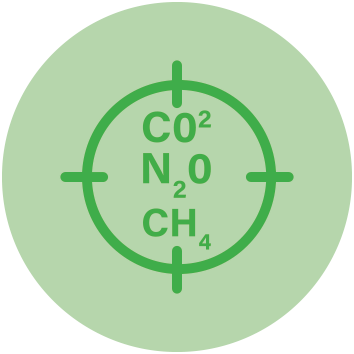
Understanding our emissions targets
It's a common misconception that carbon neutral means the same thing as GHG neutral. They're quite different, with different goals in mind.
Carbon dioxide stays in the atmosphere for thousands of years, while methane has a very rapid reaction in the atmosphere and breaks down in about 12 years. Methane has a strong short-term effect, but not a long-term one.
The different targets are all to do with this difference in longevity in the atmosphere. Methane needs to reduce, but we don't need to get to zero like carbon dioxide. The good news is that while methane is more potent than CO2, working to reduce methane emissions now could see positive results more quickly.
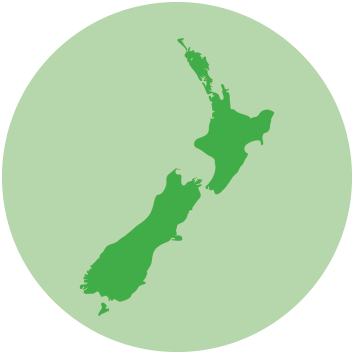
Why does it matter to New Zealand farmers?
New Zealand may only produce 0.17% of global emissions. But about 30% of total global emissions come from small countries like us.
We'll still be facing the consequences of a changed global climate created by other countries. But instead of acting like we don't matter, we could be thought leaders in this area. After all, punching above our weight is practically a New Zealand pastime.
By working with the team on a farm to find practical ways to reduce GHG emissions, we c.tn all stay future-focused. Farming is all about having vision, and this is an opportunity to set your business - and the country - up for future generations.
On the business front, we may soon see taxes and tariffs set by global markets with their own emissions goals to meet. This means social licenses for farms that are already reducing emissions could improve returns.

What are the opportunities for New Zealand farmers?
This sector has always prided itself on innovation, and this situation is no different. We'll adapt, we just might need to adapt more quickly.
Already there are several promising technologies coming through the innovation channels.
- Methane inhibitors and vaccines are currently being researched.
- New techniques for managing nitrogen within farming systems, as well as nitrification inhibitors, are helping on that front.
- Alternative fuels can help reduce vehicle emissions.
What's more, consumers around the world are looking at carbon and emission footprints more closely as part of their decisionmaking. That's an opportunity for the New Zealand farming sector to embrace GHG reduction as a potential competitive advantage. We have some of the best farming thinkers in the world here, so what looks like a challenge on the surface can be turned into an opportunity for our primary sector.
Download the Greenhouse gases PDF
Like and subscribe to BallanceEx Future Farming Conversations
Dive deeper into the topic of greenhouse gases and listen to the full conversation
Listen now
